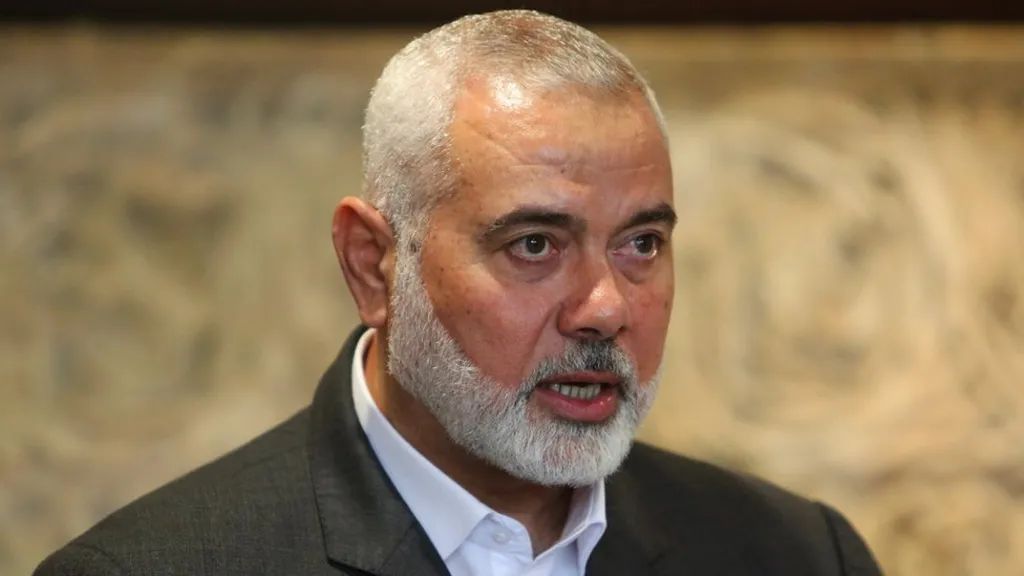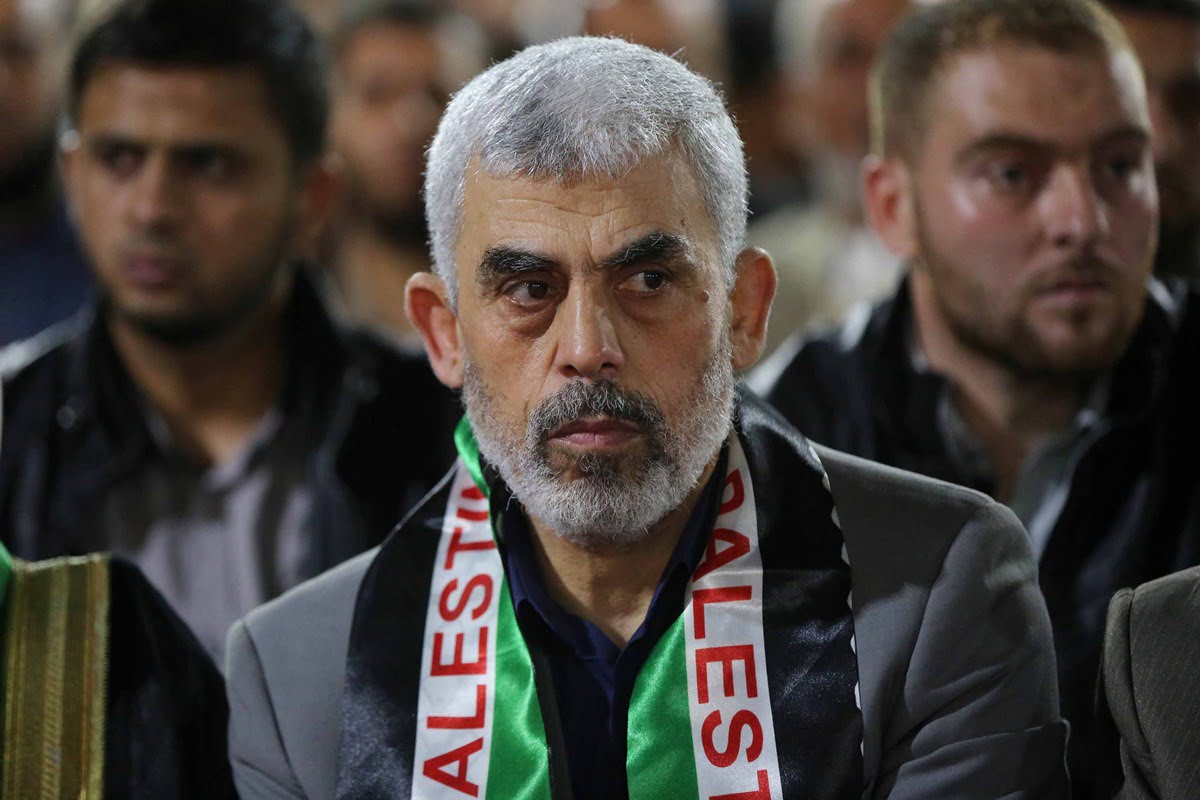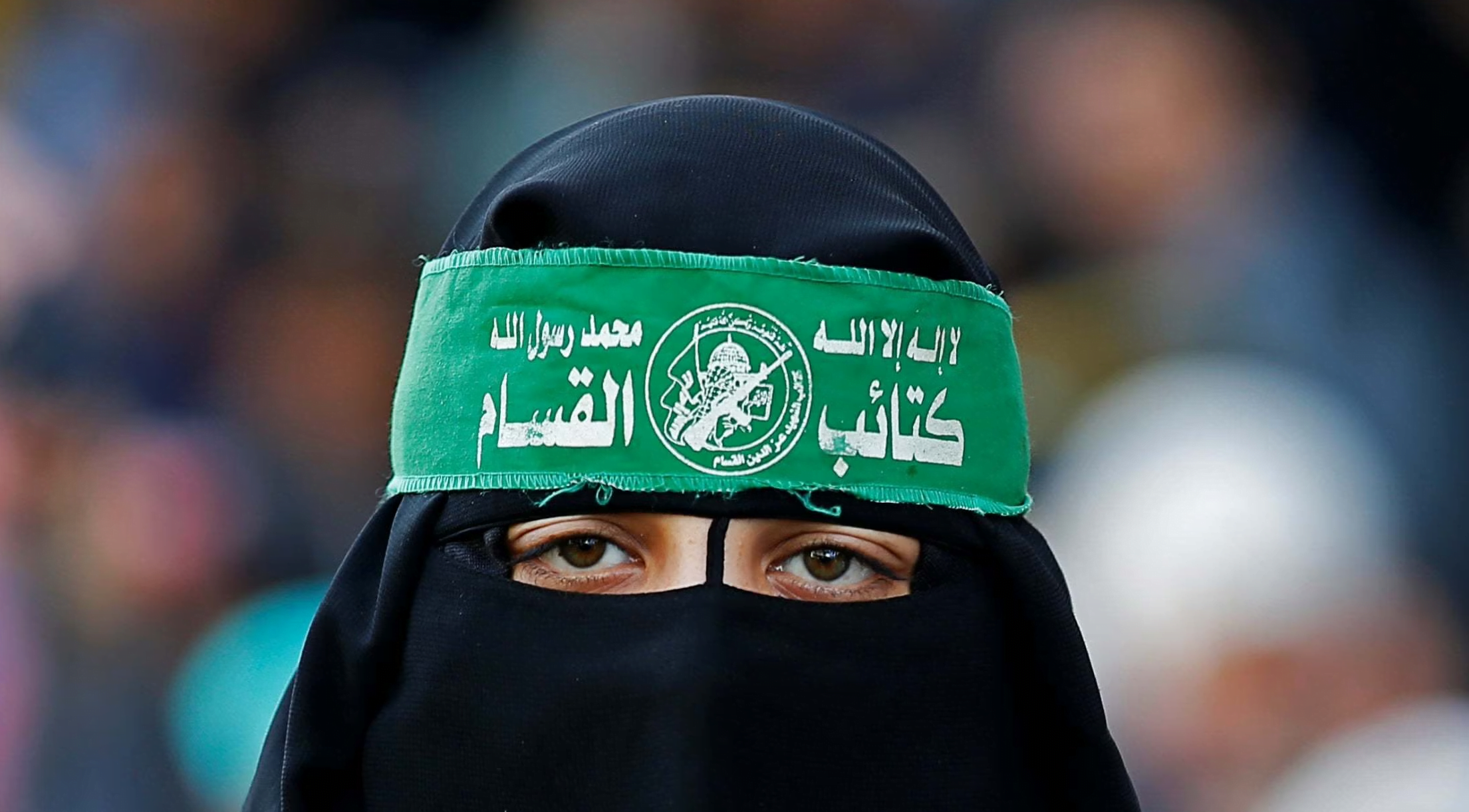Who is Hamas (حماس)

Hamas is a Palestinian organization that was established in 1987, emerging from the Muslim Brotherhood, which was founded in Egypt in 1928. Hamas emerged from a desire to take a more confrontational approach to Israel’s occupation and has since become a key player in Palestinian politics, particularly in the Gaza Strip, where it has held de facto control since 2007. While its military actions have led to it being labeled as a terrorist organization by many, it also plays a significant social and political role within Palestinian society. The organization’s stance on issues like the right of return for refugees highlights the profound challenges facing the Israeli-Palestinian peace process. Since the First Intifada, Hamas has held different views from the Palestine Liberation Organization (PLO), especially regarding peace talks with Israel. Hamas disagrees with the Oslo Accords of 1993, which were agreements between Israel and the PLO. Hamas believes that the entire area of historic Palestine should remain under Islamic rule and sees the Oslo Accords as a betrayal, arguing that these agreements do not respect Palestinian rights. Hamas has been involved in various activities, including helping communities and fighting against Israel, often violently targeting Israeli soldiers and civilians. Because of attacks like suicide bombings and rocket launches, many countries consider Hamas a terrorist organization. However, there have been moments when Hamas seemed open to the idea of a Palestinian state within the borders before the 1967 war, which would include the West Bank, Gaza Strip, and East Jerusalem, but without officially recognizing Israel. This approach shows Hamas’s attempt to balance its strict principles with a more flexible political strategy, hoping such a state could help Palestinians come together and strengthen their stance in future discussions with Israel.
A key demand from Hamas is the return of Palestinian refugees who were forced from their homes in what is now Israel during the 1948 conflict that led to the creation of Israel and later conflicts. Hamas insists this right to return is non-negotiable, posing a significant challenge to peace efforts, mainly because it could change the population balance in Israel. Hamas views the right of return as a fundamental issue of fairness, believing that refugees have the right to go back to their original homes and lands as part of a fair solution to the conflict.
Hamas Structure
–Military Wing (Izz ad-Din al-Qassam Brigades): This is the armed branch responsible for carrying out military actions and attacks. It’s the most visible aspect of Hamas’s opposition to Israeli forces and policies. Hamas is said to operate mainly via underground tunnels in the Palestinian territories, using civilian infrastructure to conduct covert operations.
–Political Wing: This branch handles the organization’s political activities, diplomacy, and governance, especially in the Gaza Strip, where Hamas has held de facto political authority since 2007.
–Social Wing: Hamas also runs various social, educational, and charitable programs within Palestinian territories, providing services such as schools, hospitals, and religious institutions. These activities have contributed to its support base within the Palestinian community. Wing: This branch is responsible for internal security within the areas under Hamas control. It works to maintain order and enforce the group’s policies within the Gaza Strip.
Key Leaders

Ismail Haniyeh
Ismail Haniyeh, born in 1963 in a refugee camp in Gaza, has been the head of Hamas’s political bureau since 2017. Haniyeh has played a significant role in Palestinian politics. He oversees the group’s political and military strategies. His political engagement started during his university years, leading to his imprisonment by Israel several times for his involvement in protests against the Israeli occupation.
After a brief deportation to Lebanon in the early 1990s, Haniyeh returned to Gaza, rising through Hamas’s ranks, especially after the assassination of its two top leaders in 2004. His prominence within Hamas led to his appointment as the Prime Minister following Hamas’s victory in the 2006 Palestinian legislative elections. However, his term was overshadowed by international isolation due to Hamas’s designation as a terrorist organization by many countries and a violent conflict with Fatah, which resulted in Hamas controlling the Gaza Strip.

Yahya Sinwar
Yahya Sinwar is a member of the Politbureau within Hamas, a Palestinian Islamist political organization and militant group. Born in the Khan Younis refugee camp in the Gaza Strip in 1962, Sinwar has played a significant role in Hamas’s activities, particularly its military and security operations. He is one of the founders of the Izz ad-Din al-Qassam Brigades, Hamas’s military wing.
Sinwar was detained by Israel in 1988 due to his involvement with Hamas and sentenced to four life sentences for his role in killing Israeli soldiers and suspected Palestinian collaborators. He spent more than 20 years in prison before being released in 2011 as part of a prisoner exchange deal between Hamas and Israel.
In 2017, Sinwar was elected as the leader of Hamas in the Gaza Strip, a position that made him one of the most influential figures within the organization and the Palestinian territories. Sinwar is known for his hardline views and is considered a pragmatic and influential leader within Hamas, with strong ties to the group’s military wing as well as its political leadership.

